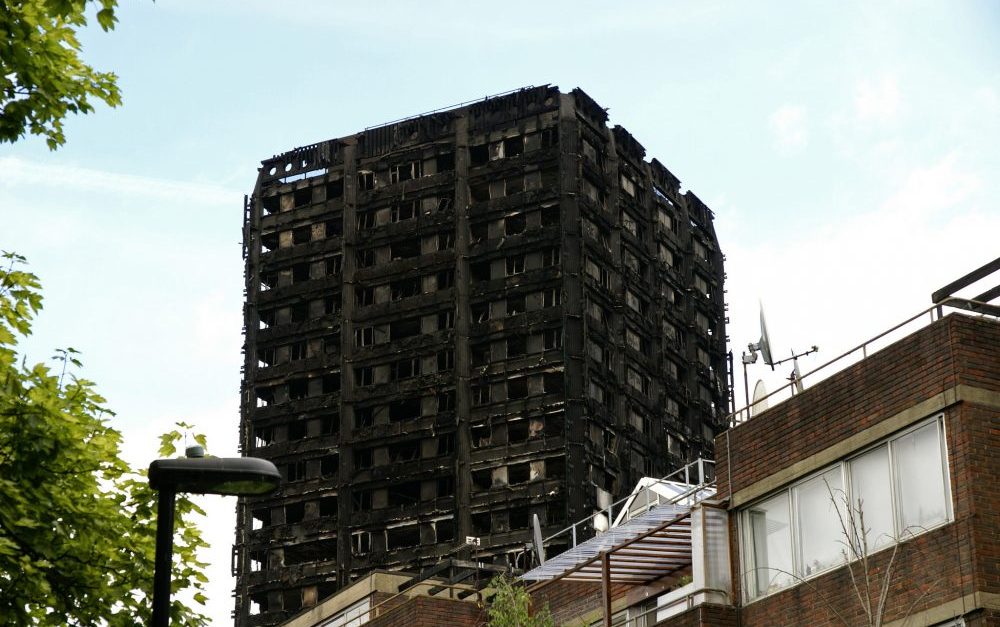This week the government announced that there will be a public inquiry into the tragic fire at Grenfell Tower.
So what is a public inquiry, how does it differ from a ‘public inquest’, and what’s it got to do with human rights?
What is a public inquiry?
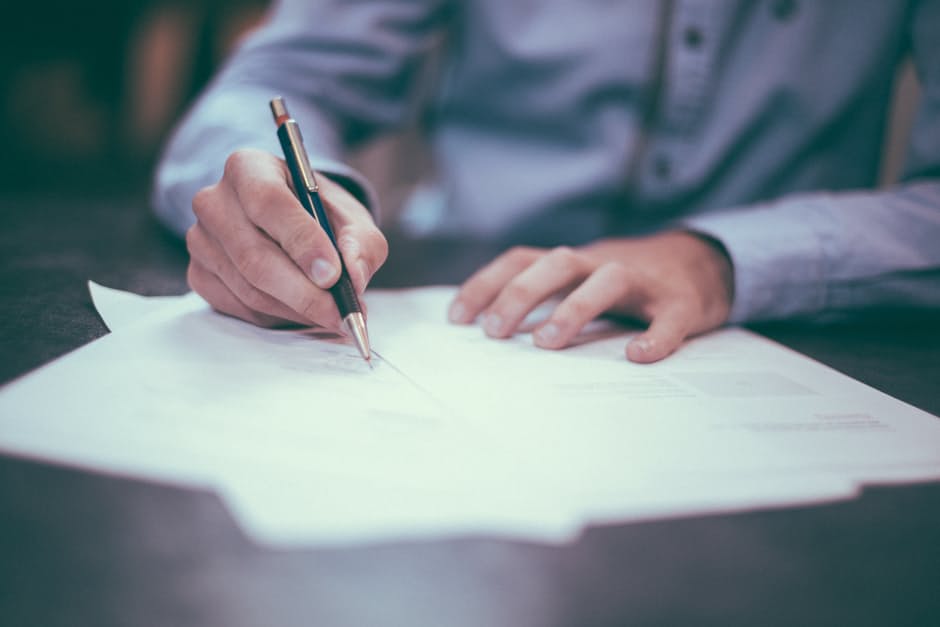
Public inquiries are set up by the government, under the Inquiries Act 2005, to investigate events which have or could cause public concern. They can be led by one person or a panel, who take evidence in the form of documents and oral testimony regarding the events in question. Often, the inquiry will be chaired by a currently serving or retired judge.
The focus of an inquiry is first to determine exactly what happened, and then to work out what must be done to prevent it from happening again. At the end of this process, the inquiry will produce a report detailing the key factual findings and any recommendations. Public inquiries do not have the power to say that a particular person is liable for acts they have committed, but these findings of fact may be used to initiate criminal or civil proceedings.
These inquiries are, by definition, public, but the chairperson does have the power to restrict attendance or access to particular documents if necessary. A person who has played a role in the matters being investigated, or has a ‘significant interest’ in them, or who might be criticised for their conduct can, with their consent, be designated a ‘core participant’ by the inquiry. Core participants can be awarded funds to pay for legal representation, and their lawyers may be permitted to ask questions to other witnesses who give evidence.
How are they different from inquests?
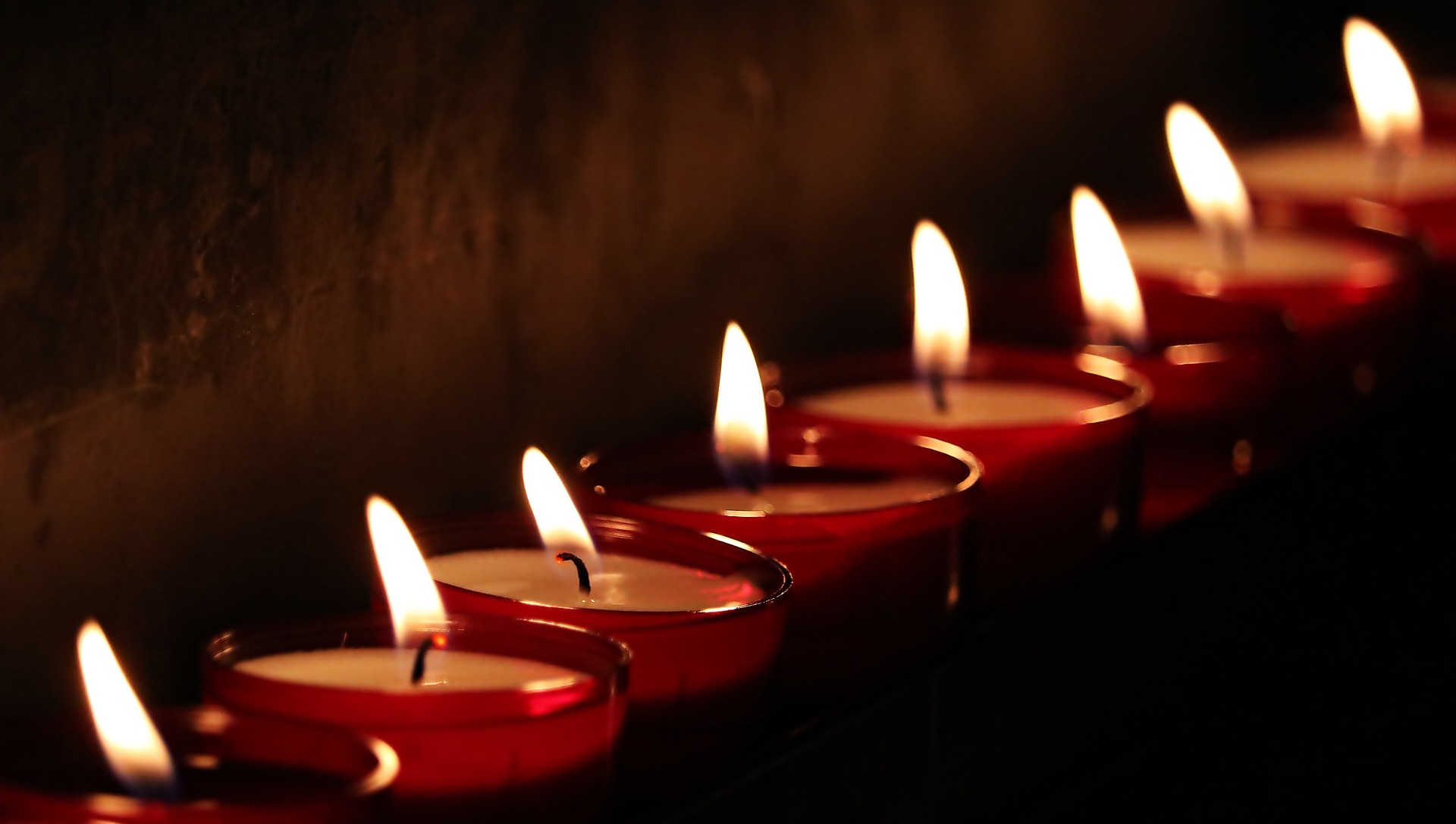
The scope of issues that an inquiry may look at – referred to as the ‘terms of reference’ – can be very broad, and will be tailored to suit the needs of the case at hand. This tends to include a focus on establishing exactly what went wrong, and the systemic lessons that must be learned to prevent similar incidents in the future. Inquests on the other hand are more restricted, centred on investigating the direct circumstances of a death or deaths.
The two are not mutually exclusive. There can be an inquiry and multiple inquests into a particular event, but all inquests will be suspended during the course of the inquiry. A jury may be summoned where there is an inquest, but not for an inquiry.
Apart from this, inquests and inquiries are very similar. Both are conducted independently from government, and neither have the power to declare that a person is guilty of a crime or should be held civilly liable for their actions.
What have they got to do with human rights?
Article 2 of the Human Rights Convention protects our right to life, while Article 3 protects us from inhuman or degrading treatment. This not only prevents the State from doing certain things – such as torture – but also requires that there be an investigation when these rights have been infringed by the government. This investigation must be effective and independent.
Public inquiries are one way of doing this, and have been used several times in the past to investigate alleged human rights abuses.
- The Mid-Staffordshire inquiry
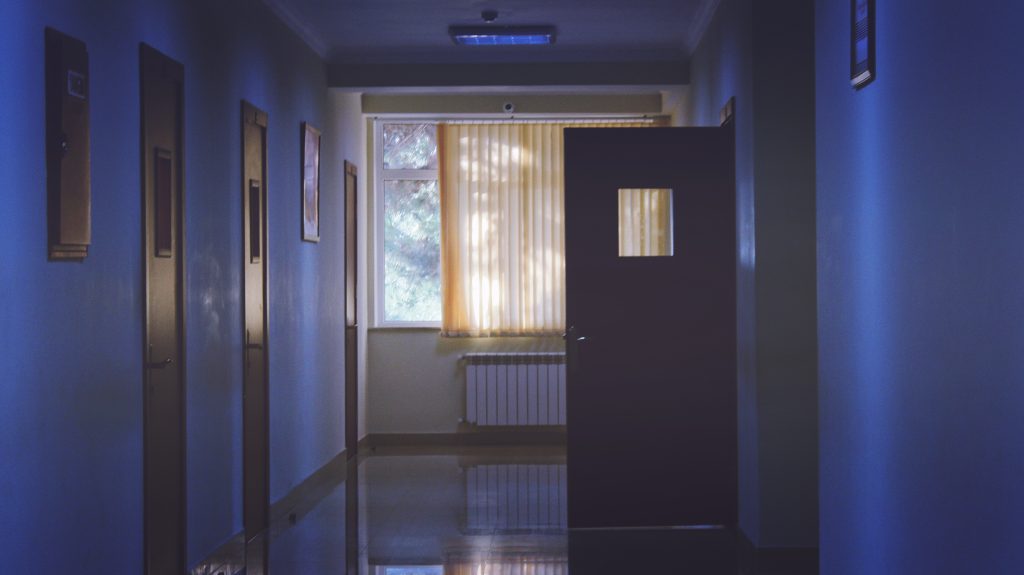
In 2006, concerns were raised that patients at Stafford Hospital were receiving unacceptably poor levels of care. The Healthcare Commission had found there to be an unusually high death-rate at the hospital, so an investigation was carried out which revealed these concerns to be well-founded.
Patients had been left in shocking conditions – unwashed, without proper access to food and water, and many without adequate pain relief. Although the investigation confirmed all of this, it was not held in public and only considered what had gone wrong within the hospital itself, rather than looking more broadly at the failures of regulating authorities.
Due to the appalling treatment patients had suffered, and the fact some of them had died, the Government eventually accepted that a full public inquiry was needed.
- Hillsborough
After 96 men, women and children were crushed to death at the Hillsborough football stadium in 1989, a public inquiry was established to determine what went wrong. The inquiry’s report was critical of the police, but also found the behaviour of fans to have been a contributing factor.
Relying on the Human Rights Act and the findings of earlier inquests into the tragedy, the friends and families of those who died campaigned tirelessly for further action. Eventually the Hillsborough Investigation Panel was set up, which recommended that a new inquest be opened. Here, the police officer who was in charge that day admitted not only that the police had been at fault, but that they had attempted to cover it up.
- The Al-Sweady and Baha Mousa Inquiries
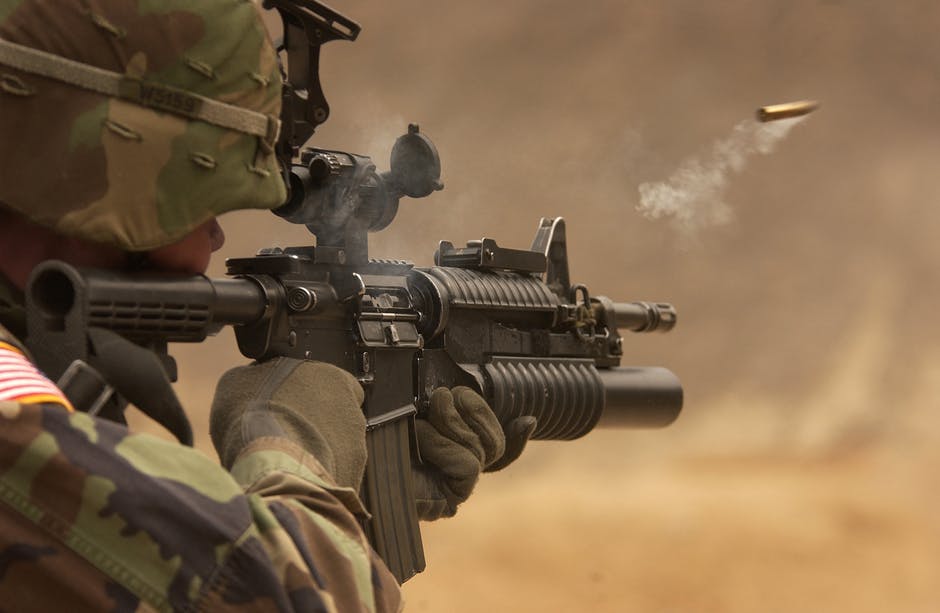
The Al-Sweady inquiry arose due to claims that British soldiers had killed and mistreated Iraqi prisoners after The Battle of Danny Boy. The inquiry concluded that there was no evidence to support the claims of murder, describing them as “wholly without foundation and entirely the product of deliberate lies, reckless speculation and ingrained hostility”. It did, however, find that troops had mistreated prisoners, including by sleep deprivation.
The Baha Mousa inquiry found that an Iraqi prisoner had died in British custody after being subjected to banned interrogation techniques. It pointed to serious systemic failures that allowed this to happen, and made 73 recommendations to prevent such abuses in the future.
- Azelle Rodney inquiry
Azelle Rodney was shot dead by police while sitting unarmed in his car in 2005. An inquest was opened into his death, but the police said that some of the evidence could not be disclosed to the public. The coroner held, as a result, that he too was unable to receive the evidence, meaning that the inquest became unworkable.
This difficulty was resolved by the establishment of a public inquiry, which was able to receive the sensitive evidence without it being disclosed to the public. The government admitted that it had breached Rodney’s family’s right to have a prompt investigation, and the inquiry found that, although the police had genuinely believed Rodney was armed, the force they used in response was unreasonable.
Find out more about inquests, inquiries and human rights by following the links below:
- Read about the ongoing Independent Inquiry into Child Sex Abuse.
- Learn more about the Baha Mousa inquiry.
- Read INQUEST’s statement on the Grenfell Tower inquiry.

